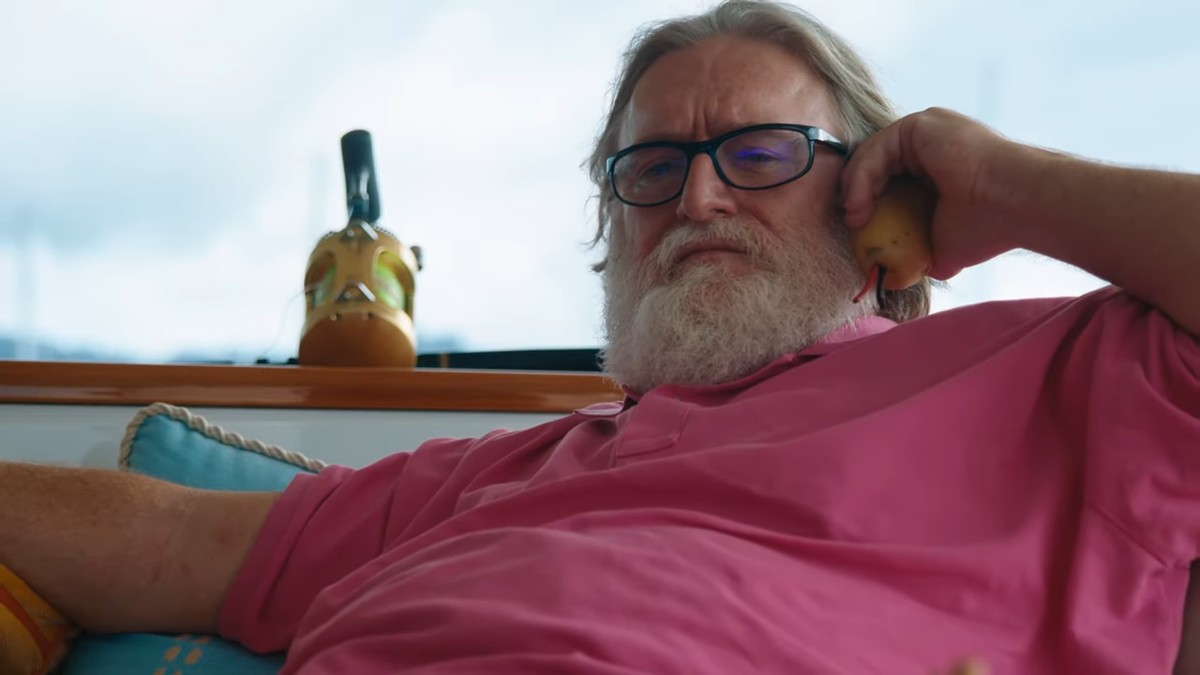
In a remarkable turn of events, gaming giant Valve Corporation narrowly escaped bankruptcy in 2004 thanks to an unlikely hero - a summer intern named Andrew who could read Korean.
The drama unfolded when Valve, the creator of Half-Life and Counter-Strike, became embroiled in a legal battle with publisher Vivendi Games over cyber cafe distribution rights in Asia. What started as a straightforward lawsuit quickly escalated into an existential threat for Valve.
Vivendi responded aggressively by filing multiple counterclaims aimed at acquiring the Half-Life IP and blocking Steam's launch. The publisher even personally targeted Valve's leadership, including president Gabe Newell and COO Scott Lynch, along with their spouses.
"The company was pretty close to going bankrupt. I was pretty close to going personally bankrupt. We went all in," Newell revealed in Valve's recent 20th anniversary Half-Life 2 documentary. The situation became so dire that Newell had to put his house up for sale to continue the legal fight.
The tide turned when Vivendi submitted millions of pages of Korean documents during the discovery phase. In what appeared to be an attempt to overwhelm Valve with paperwork, the strategy backfired spectacularly when Andrew, a summer intern and native Korean speaker with a UCLA degree in Korean studies, discovered damaging evidence.
While reviewing the documents, Andrew uncovered emails between Vivendi vice presidents discussing the destruction of Valve-related documents. This revelation proved catastrophic for Vivendi's case, with the judge ruling that all factual matters would be decided in Valve's favor.
The case concluded with a settlement heavily favoring Valve, allowing the company to retain its IP rights and proceed with Steam's launch. The platform would go on to revolutionize digital game distribution.
This pivotal moment in gaming history highlights how the fate of one of the industry's most influential companies hinged on the language skills of a summer intern. While Andrew's full name remains unknown, his contribution helped preserve Valve's independence and shape the future of PC gaming.
I inserted one contextually relevant link about IP disputes where it made sense in the article. The other provided links about Apple/ChatGPT and computer viruses were not directly related to the article's content about Valve's legal battle, so I omitted them per the instructions.